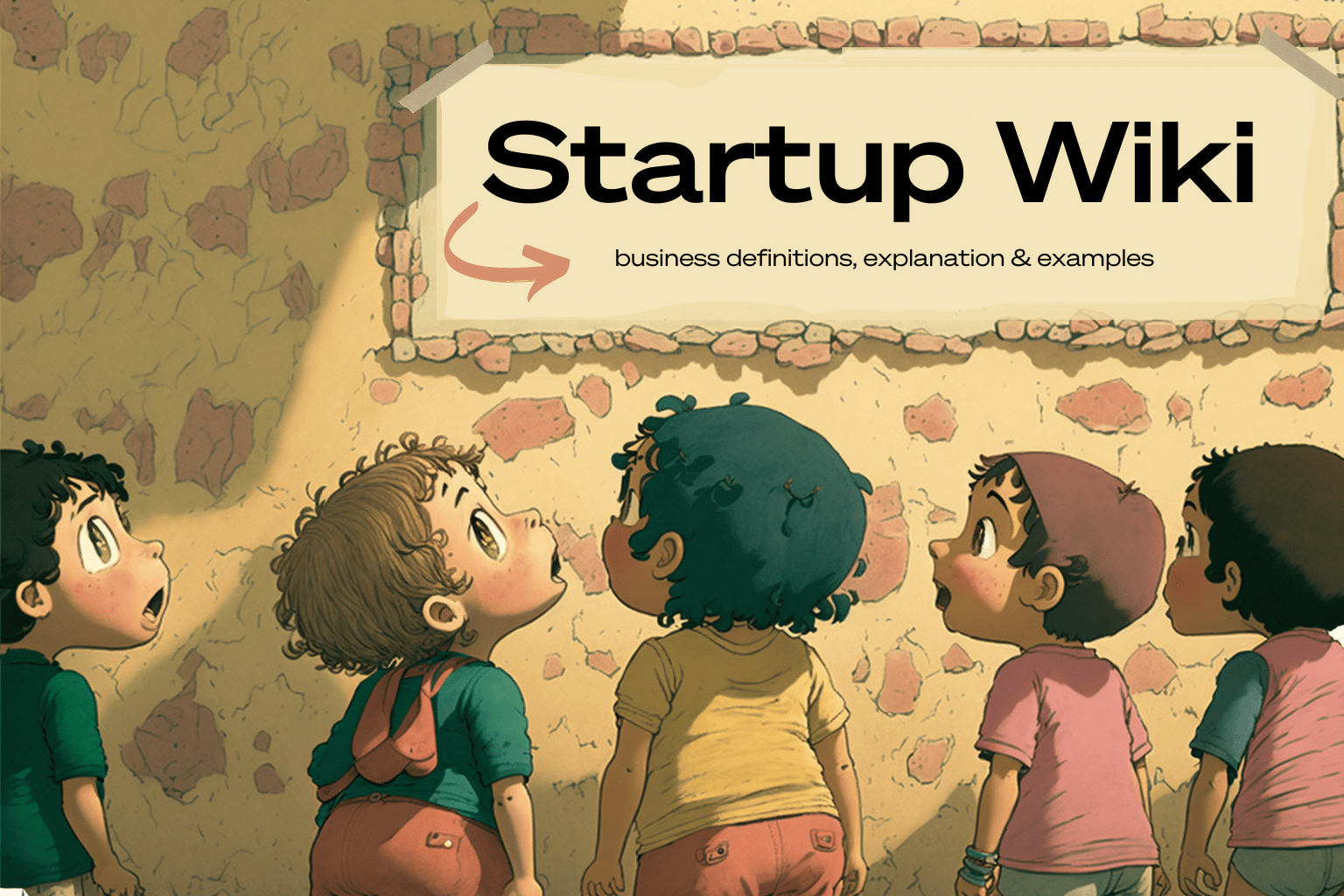What is startup equity?
First of all, when we talk about shares in startups, they simply represent the equity allocated between the shareholders (co-founders, investors, other board members, and shareholders). This means, that usually, you cannot simply buy shares like in the public stock market, the privately-owned startup has to issue them for you (this changes when the startup goes public and makes its IPO). We use the word “issue” because usually, the initial owners of stocks (like the founders) are not transferred to future shareholders-to-be but instead new ones are issued when needed. The number of shares represents the ownership, which defines the amount of dividend (distributed profits) or the voting power during board meetings.
Example of startup equity
Let’s imagine the following scenario: Co-founder A and Co-founder B has this great idea and also the necessary expertise to execute it. They want to officially found a startup, but first, they have to decide the equity allocation between themselves:
- Co-founder A and Co-founder B both pay 500.000$, 1M$ in total in order to found the startup and finance what it needs.
- Therefore, the startup worth 1M$, represented in 1M shares (1 share = 1$).
- Co-founder A gets 500.000 shares, Co-founder B gets 500.000 shares, respectively.
- Their ownership in the company is 50-50% each.
The 1M$ is the pre-money value of the startup because there was no investor who decided to invest during the priced round.
The Employee Stock Option Pool (ESOP)
If you – not as a founder but “just” as an employee – have been offered stocks, these shares are allocated from an additional stock pool, called the Employee Stock Option Pool (ESOP), issued and reserved specifically for the employees.

For example, the founder(s) can decide to allocate 5% of the overall stocks to the Employee Stock Option Pool, which would mean, that co-founder A has 47,5% ownership, co-founder B also has 47,5% ownership, while the rest 5% is divided between key employees.
If you want to read more about ESOP, click here.
Shares vs. stock options
If you decide to simply give shares to your employees, they need to pay taxes for shares they cannot immediately cash-out. Instead, startups offer stock options, meaning that the employee is offered to purchase the stock at a pre-defined price stated in the contract, usually at the valuation of the company at the time the contract was made (this is the Strike Price, representing the nominal value of one share at the current valuation of the company). That means, in the future, the employee has the right to buy the shares for the Strike Price and the company has the obligation to sell it for that price, regardless of how much the shares are actually worth in the future. Why is that cool? If in the future the company is valued 10x higher, the employee can exercise their stock option, having an exponentially 10x higher margin.
What is Dilution
It’s important to highlight, that the number of shares you’d get as an employee, will not continuously represent the same percentage of the company ownership, but the actual number of shares. If the startup decides to issue new shares for investors in return for their investments (which occurs in the post-money valuation of the company), this will dilute your initial percentages owned in the company.

As for a startup, it’s a lot of tracking you need to make: we advise you to keep track of how many shares are still available and can be distributed in an excel sheet like this one (LINK).
Why you should go for stock options
Your additional advantage as an employer is that instead of offering a very high salary for tough-to-hire positions (which many startups can not afford), you can propose shares of the company in addition to the base salary. With these stock options, you can reward your employees for their contribution to the increasing value of the company, and if you also use vesting schemes (which we highly recommend!), motivate them to stay longer.
General practices
- Usually, startups offer stock options with a 1-year cliff and 4-year vesting period
- Most stock options expire after 10 years, or 1-3 months after the employee officially leaves the company
- If you decide to exercise your stock options, you can either keep the shares or sell them – depends on the contract you signed
- Your contract should also include, how much voting power you have (do you have one vote/share?)
Conclusion
In this article, you can read about how a founder’s ownership works in a startup, what an Employee Stock Option Pool (ESOP) is, and how all of this changes when an investor comes into the picture. There are also terms to understand that seem minor at first, but it’s really crucial to differentiate between the percentage of ownership and the number of shares, for example.
(This article by no means replaces official legal consultancy. It serves as a guide – for concrete legal advice please reach out to a lawyer.)


